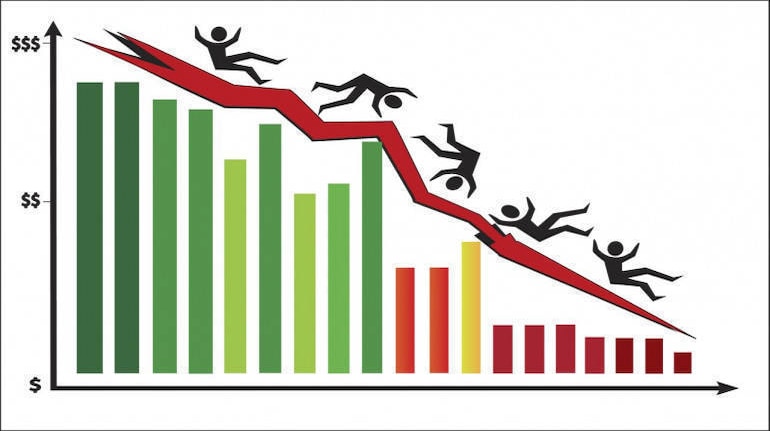



Shishir Asthana
Moneycontrol Research
Indian markets are touching new highs as the domestic and global macro scenario show signs of improvement. Foreign investors continue to pump money into India, both in equity as well as debt markets.
Rather than being happy with the enthusiasm in the markets, the government seems to be perturbed that it is not able to collect its pound of flesh while investors and traders who are raking it in.
In December 2016, Prime Minister Narendra Modi, while speaking at a SEBI function, commented that equity markets were contributing less to tax collections. He hinted at sound and prudent policies and reform measures for increasing tax contribution from various market participants in a fair, efficient and transparent way.
Taking cues from the prime minister, capital market regulator is considering changes to the structure of equity trading in India. A BusinessLine report says that SEBI may soon announce measures to boost cash equity volumes and curb excessive derivative speculation.
The report says that derivative volumes are over 15 times that of cash market. While contribution of the cash segment volume to the bourses is low, their contribution to tax collection is higher. The report points out that 67 percent of the Rs 7,350 crore STT (securities transaction tax) collection was from the cash segment, which contributed less than 10 percent of the volume.
Viewed only from the STT parameter, government seems to have its logic right. However, there are other taxes that a trader pays which the government and market regulator seem to skip.
Before commenting on the taxes, let’s look at the market structure and its participants first.
Nearly 60 percent of the market volume comes from arbitrageurs and algorithmic traders. These are short-term players who normally keep an open market position ranging from minutes to a month. Then, there are the institutions, both domestic and foreign funds, which invest largely in the cash market and use the derivative market to hedge their position. Finally, the retail public who trade both in the cash as well as derivative market.
The long term investor and the mutual funds who buy and sell in the cash market do not pay any taxes apart from the STT. The short-term trader in the market who buys shares in the cash market but sells it in less than 12 months pays a short term capital gains tax of 15 percent.
A trader who plays in the derivative market on the other hand normally reports the trading as business income and is taxed at the rate of over 30 percent.
Indian markets are considered to be the costliest in terms of taxes and other statutory costs. In order to attract foreign investors, government would need to cut down its costs. At every budget representation, one of the first and consistent requests of the broking industry is to reduce STT in all segments, cash and derivatives.
Rather than understanding the ground realities, the government seems to be only focused on one tax. Increasing STT or adding extra burden on derivative trades will have a severe impact on the market.
Huge positions will be unwound as the arbitrage position already taken based on the old tax structure would need to be closed. Further, higher costs would also result in lower volumes by algo traders as their holding period will increase in order to book a profitable trade. This will be a big dampener as the risk of keeping a position open for a longer time frame increases.
Rather than improving the depth of the market, imposing higher taxes on derivatives will hurt the entire trade. By reducing cost on cash market will also not help as it is unlikely that the traders would shift their trades to the cash market. Apart from market depth, cash market also does not offer higher volume at every tick or more bang for the buck.
Rather than being happy with the golden egg that the stock exchanges deliver every day, the government will be killing the goose in its greed for more taxes. For a few hundred crores in taxes government’s move of increasing cost will result in a huge loss of market capitalization and losses to the investors and traders.
Equity markets have been the most vocal and visible supporter of government’s policy, any unreasonable taxes will impact its image as well as loss of foreign investors.
Discover the latest Business News, Sensex, and Nifty updates. Obtain Personal Finance insights, tax queries, and expert opinions on Moneycontrol or download the Moneycontrol App to stay updated!
Find the best of Al News in one place, specially curated for you every weekend.
Stay on top of the latest tech trends and biggest startup news.